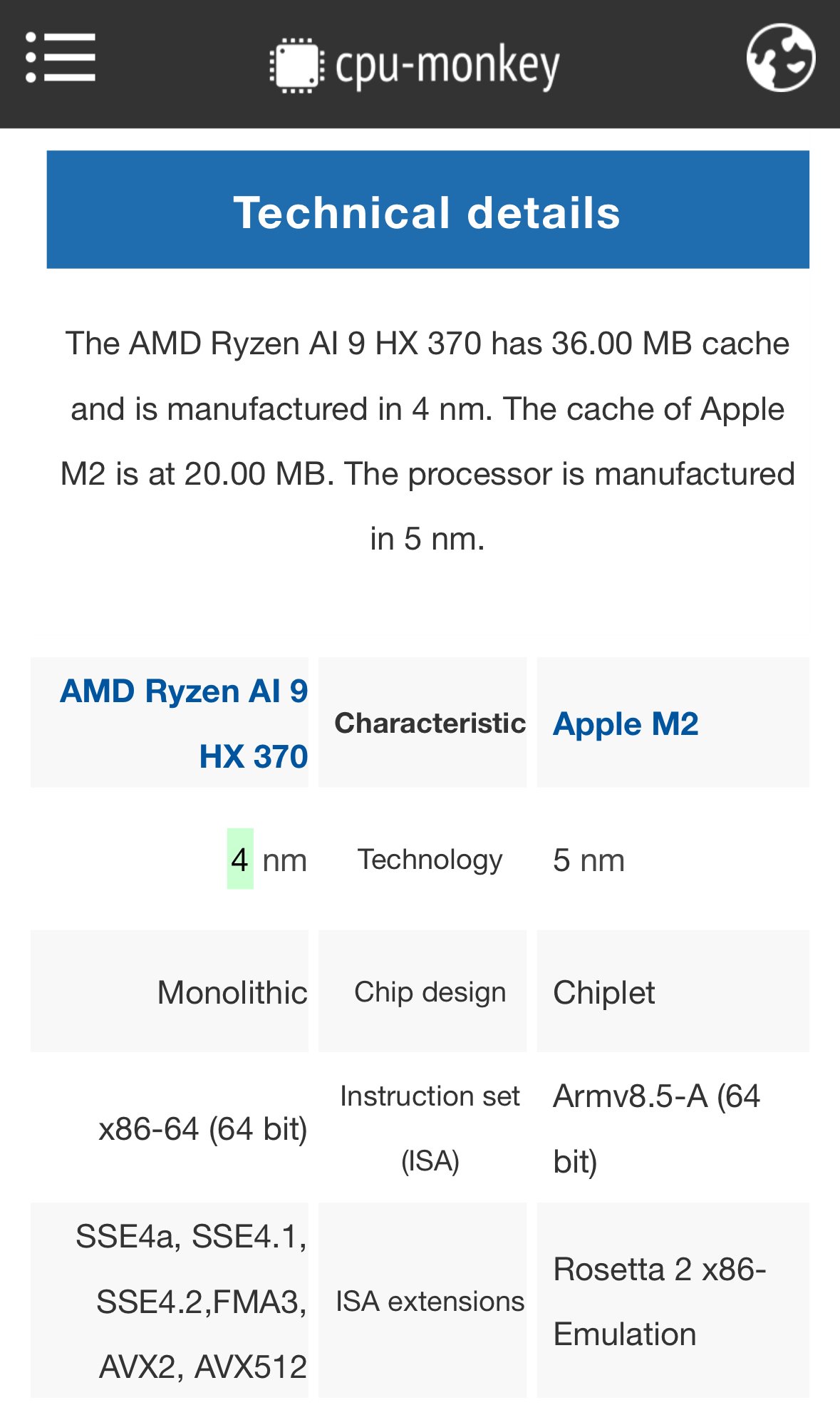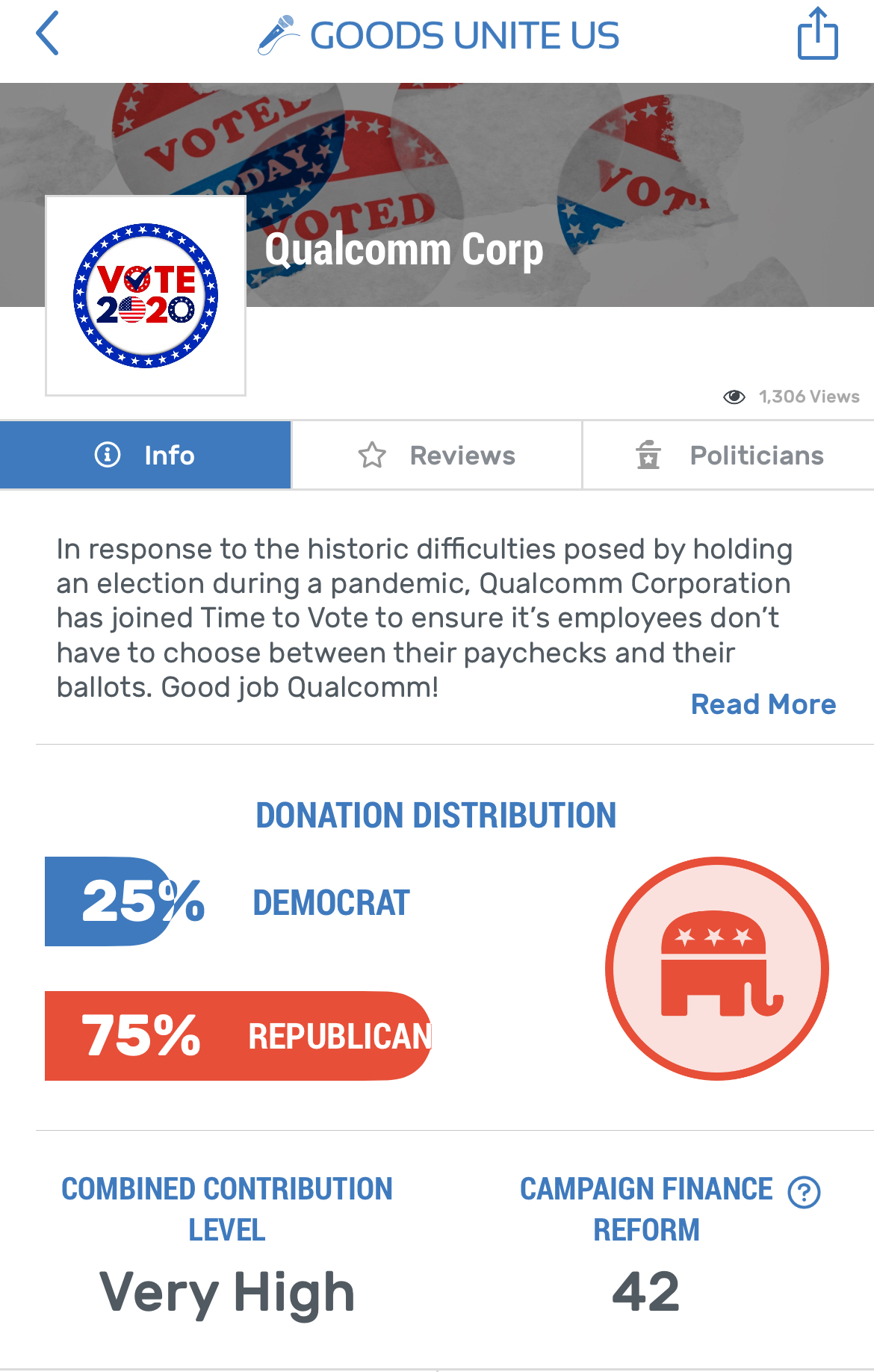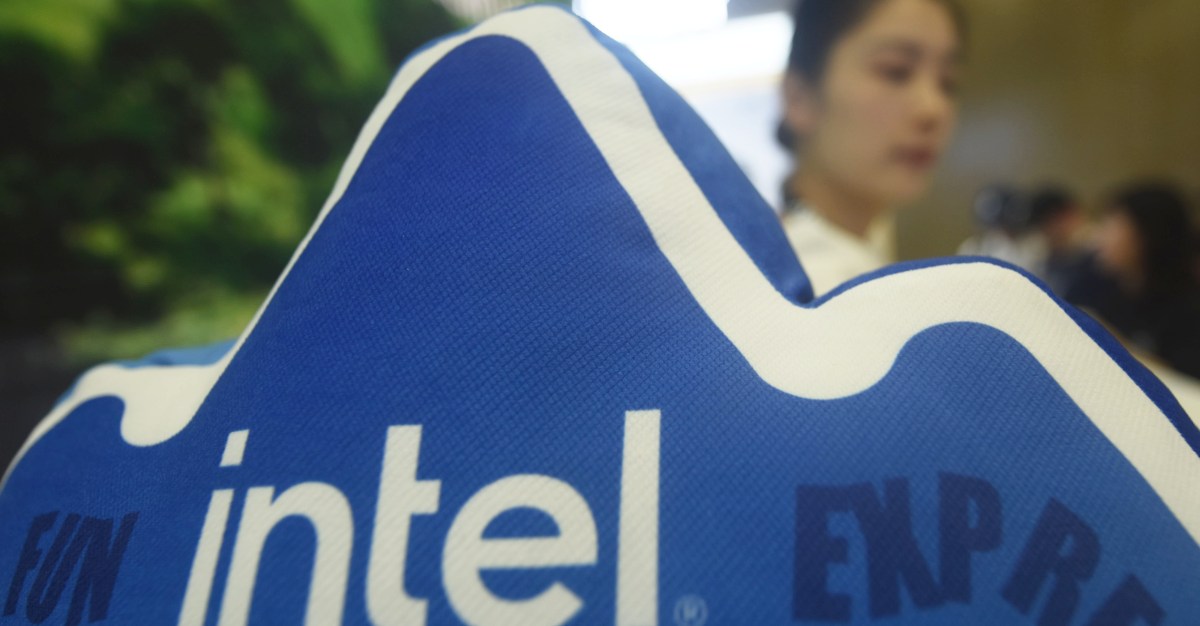The marketing and advertising and sales teams took over management from the engineering team, and decided to cut all the corners. It’s a classic tale at this point, same thing happened to Boeing and Apple and Google and etc. It’s why everything sucks nowadays.
There might be things that Apple is stagnating on, but silicon and ARM CPU transitions definitely ain’t one of those things. The rest of the industry is scrambling to catch up with them asap.
Just ask Apple, they’ll tell you so.
Don’t trust any silicon manufacturer’s marketing department. Let the processing and battery life benchmarks and real world tests do the talking.
AMD’s CPUs are faster and more power efficient on the same process node. (i.e. 5nm vs 5nm)
https://www.cpu-monkey.com/en/compare_cpu-amd_ryzen_ai_9_hx_370-vs-apple_m2
Apple just has a big budget to buy out TSMC process nodes a generation early, their designs and architectures aren’t actually faster or more power efficient than AMD’s x86 cpus.
https://www.macrumors.com/2023/02/22/apple-secures-tsmc-3nm-chips/
Am I blind? I don’t see any information in there to draw any conclusions about power efficiency. The little information that I do see actually seems to imply the apple silicon chip would be more efficient. Help me out please?
Both chips are 20w class cpus, but the AMD cpu is much faster.
Apple CPUs don’t report wattage, so it’s a bit tricky to measure actual power consumption, but I can’t imagine the AMD cpu uses 50% more power under load.
The Apple CPU might score some wins for idle power consumption though, considering the optimizations in MacOS, and the focus on power consumption across the whole system design.
You can definitely get fairly accurate power draw readings from these chips in macOS, even with Apple’s own debugging tools. If anything, it’s harder (or at least more confusing) to get accurate readings for AMD chips (TDP != power draw).
Also, the TDP the manufacturer states in the spec sheet pretty much doesn’t mean anything these days. These chips will be allowed to draw different amounts of power for different durations under different conditions. This is especially true for the AMD parts, as they run in a lot of different laptops with different power and cooling capabilities. But even for Apple’s M chips there are different configurations: a MacBook Air only has passive cooling while the same chip in a MacBook Pro can have active cooling, which will impact maximum allowed (sustained) power draw and with that, performance.
You also link to CPU Monkey, a website I wouldn’t use for anything but very rough estimates, because their seemingly random collection of benchmarks are likely just taken/stolen from somewhere else (I doubt they benchmarked every single CPU they list themselves) and it’s unclear with what power limits and thermal constraints these benchmarks were run.
Even with all the data, it’s still hard to make a 100 % accurate comparison. For example, the efficiency curves of these CPUs is likely quite a bit different. The M3 might achieve its highest performance/watt at 12 watts, while the Ryzen’s best performance/watt might be at 15 watts (these numbers are just an example). So, do you compare at 12 or 15 watts then?
And yes, there absolutely can be situations where the AMD CPU draws 50% or even 100% (or more) more power under load, and depending on the configuration of the chip in a specific system, the opposite can be the case as well. This in itself doesn’t tell you much about potential power efficiency though.
EDIT: Also, comparing the Ryzen 9 part with 12 cores to the smallest M2 doesn’t make any sense. You’d much more likely compare it to the M2 Max which has 12 cores as well (and again, trying to match the TDP in the spec sheet doesn’t make any sense, as especially for AMD, TDP isn’t even close to actual power draw under load - PPT is at least a somewhat better number here).
I also get that you’re trying to match the process node as closely as possible and TSMC N4 is “just” an improed variant of TSMC N5P, but it still differs. Also, the M2 was released two years earlier than AMD’s AI 300 series, so you ignore two years of architecture improvements which happen regardless of the process node, just look at the (supposed) performance and efficiency improvements from desktop Zen 4 to Zen 5 on the same.
Maybe the new AMD chips are better in many ways even compared to more recent Apple chips, but the comparison you are trying to make is so deeply flawed on so many levels that it’s completely useless and it doesn’t prove anything whatsoever.
24 threads at 2.00 GHz vs. 8 threads at 0.66 GHz with a 40% difference in TDP. The AMD chip may draw more power, but has much higher performance. Simplifying things, it can perform 9x the operations as the Apple silicon for only 1.4x the power draw.
That… is very naive and inaccurate approach. You can’t use frequency and core counts to guesstimate performance even when the chips in question are closely related. They’re utterly useless when it’s two very different chips that don’t even use the same instruction set. But anyway, there are benchmarks in that page and they clearly show that the amd chip is clearly not performing 9x the operations. It is obviously more powerful, though not nearly by that much.
I desperately want something to start competing with apple silicon, believe me, but knowing just how good the apple silicon chips are from first hand experience, forgive me if I am a little bit sceptical about a little writeup that only deals in benchmark results and official specs. I want to read about how it performs in real life scenarios because I also know from experience that benchmark results and official specs alone don’t always give an accurate picture of how the thing performs in real life.
Iirc the die area for Apple’s chips are also a lot larger and that’s expensive. It’s a lot easier for them to tank that cost because they are building them for themselves rather than selling them to vendors who manufacture products like AMD.
Yeah, Apple’s vertical integration and volume is enviable.
Where you see vertical integration, I see unnecessary and customer antagonistic siloing of function. Do you have any idea how impossible it is to send an apple user money from a non apple device?
Minor nit, but I believe that AMD CPU is 4nm
I believe both M2 and Zen 5 use 4nm. 4nm is just a slightly improved 5nm, though. It’s the same process node, not an entirely new process node like 3nm.
Everything I see says the M2 family is 5. Vanilla, pro, max, and ultra.
The nm process for each CPU is listed in technical details on cpu-monkey

But then Apple would have to drop it’s prices by 40% so people would keep buying.
But that would make it accessible to commoners! *gasp*
These new snapdragon based windows laptops have to be a serious wake up call for intel. General personal computing is quickly moving away from x86 and the latest “efficiency” core processors from intel can’t compete.
For those that don’t follow the industry at all, is there somewhere that has a good write up on what’s been going on?
And? Linux was on ARM since about beginning.
What relevance does Linux have in this specific context? Does Linux have a marketing team? Does Linux compete on a hardware level with Apple? Is there a Linux corp we haven’t heard about that’s working with some chip manufacturer we also haven’t heard about in order to create ARM processors that can compete with Apple silicon? No? Maybe don’t shoehorn Linux into everything regardless of relevance, especially not in such a lane way.
Because compared to other OSes Apple just catches up.
Does Linux have a marketing team?
No marketing team = no enshittification by marketing
Is there a Linux corp we haven’t heard about that’s working with some chip manufacturer we also haven’t heard about in order to create ARM processors that can compete with Apple silicon?
So you agree that transitioning to ARM isn’t impressive. Now it’s time to show you that making processors isn’t something only oh-so-great Yoppl can do. Linux Foundation has its own chip designing subsidiary - CHIPS Alliance. They designed stuff like vector coprocessor, RISC-V core(and older VeeR cores), maintains Chisel HDL and many smaller projects. And I only named what only Linux Foundation does, community and other organizations(including chinese T-head) do even more.
Great, now show me the Linux ARM laptop that’s competing with MacBooks at the consumer level. You do have something that’s actively turning people away from Apple Silicon, yes?
How is competeing with macbooks at the consumer level is related to enshittification by marketing team becoming managment?
Now me Apple ARM laptop that’s competeing with chromebooks.
It’s not just the big tech, some startups are the same because they’re vying for VC cash and that’s the best way to do it
Vulture Capital will collapse capitalism.
Microsoft is on the same path, yay!
Better them than accountants and lawyers.
I was including the accountants and lawyers in that list, just to be clear. They’re all bad if they don’t have any idea how the technical side of their business functions.
I think they are different levels of bad. To paraphrase the old adage, If sales takes over your company, be wary. If accountants take over, start looking for a new job. If lawyers take over quit.
I can see how accountants and sales can be bad, but how exactly do lawyers fuck up? Not saying they don’t, just asking how it plays out.
They only bring in the lawyers when something is truly fucked, like the Board taking control from administration. They usually take over when the time has come to investigate fraud, dismantle or otherwise heavily restructure the company.
Oh but then the lawyers are like white blood cells? They are good? Lawyers are friends? (Unless you’re a black hat/criminal I guess)
The lawyers are there to safely burn everything to the ground, because if they have been brought in everything is already fucked beyond any hope of repair.
I mean, and I’m thinking more in the context of retirement investments here, the moment any of those things happen I’m inclined to jump ship. I am thoroughly unaware of any time such a move has turned out well in the long run. Same sentiment for stock buybacks, though that one because if that’s the best thing the company can think of to spend money on they are completely out of good ideas.
If you’re talking about the lastest gen desktop CPUs, they just clocked them too high.
This has been an ongoing problem ever since, like, Ivy Bridge/the 3000 series… and yes, probably has to do with management and marketing decisions tbh, so they can be 2% ahead of AMD in some stupid benchmark. AMD is guilty of this too, and you can see what “sanely” clocked chips look like with their X3D series.
That is absolutely not the only issue. They had oxidation issues in two successive generations of consumer CPUs, likely knew about it, and sold them anyways. They’re trying to get out of reimbursing, replacing, or compensating anyone for the fucked cores, and as a direct result, a massive class-action suit is starting to roll.
They’re trying to get out of reimbursing, replacing, or compensating anyone for the fucked cores, and as a direct result, a massive class-action suit is starting to roll.
Well, the big boys have gotten out of their responsibility for all such things in many-many seemingly unconnected areas in the last ~15 years. What do you want, it had to reach Intel.
Still the fact that this enshittification has accelerated to the extent that people notice it is just amazing. Civilization cracking all over on our eyes.
My point was that had proper engineers been in charge instead, they would have noticed and listened to the people on the ground that I am certain knew about the problem, and it would have been fixed before any consumers got their hands on the product.
Probably bureaucracy. Also an inability to pivot even when things make no sense. Everything is a giant freight train that has very little ability to change direction or stop.
Oh and of course a healthy taste of not being transparent or honest.
Source: I used to work there years ago.
This happens easily for big successful organisations. Over decades a strong culture aligned with how they succeed forms. Once the market changes requiring a culture change, a seemingly invincible company suddenly stumbles. They simply can’t respond even if they what they should change.
Ex. Rolls Royce CEO stated this phenomenon well: culture eats strategy for breakfast.
The company had always been run by engineers that came up from chip fab. Then they fired both the CEO and the head of fab for sexual harassment.
Then they make the CFO with a MBA the new CEO. A year or two latter and chip design is having problems and fab is falling behind.
Ah, similar to Boeing’s problems, minus the sexual harassment.
And
assassinationssuicidesSuicide by six headshots
They mistargeted in V.A.T.S.
Removed by mod
The people who make those decisions are insulated from the consequence
Forcing them to take responsibility is the only solution
Wall St destroys yet another company through sheer greed. Film at 11.
deleted by creator
Well, when I was learning about economics being 8 or 9 year old, it seemed for me how it should be.
A person or a group knowledgeable in some area find a bottleneck, some problem to solve, start a company, it grows, it becomes big. Then the next generation is what they pick for leadership, and picking people is always worse than the evolutionary mechanism of a company finding some bottleneck to be widened being gunshot faster than the rest. Then they pick their replacement. And so on. Eventually it dies, but since technologies are patented, they do not become actual secrets, only commercial secrets, and by the time a company dies the patents expire, so everybody can replace it for the humanity.
The niche that company discovered thus becomes competitive.
In our world, if patents would expire as fast as they did initially by design, these big companies would already be dead.
But they’ve bent the rules to make patents virtually eternal and thus big zombie companies are strangling the humanity.
The system wasn’t bad, but eventually power changed it.
You are missing economies of scale. In most industries these create a significant barrier to entry. The patent may expire but the equipment is still expensive.
I’m not missing them. One thing is a
significant barrier
and another is legal monopoly.
Especially abominations like patenting an ISA. It’s clear from the very beginning that an ISA is not an invention moving humanity forward, it’s an interface. A language.
As of gigantic companies of today not finding replacement when they die - we would have the whole spectrum if not for IP and patent laws as they exist. For some uses MCs of 80s are sufficient. For some a desktop PC of 1993. For some a desktop PC of 1999.
I dunno why I’m writing these things, Marcus Aurelius has written many wise things, one of them is the advice not to think about things out of your control.
Sounds similar to what happened to Boeing. Once ran by engineers now ran by people suckling the teat of board members. Quality goes down, profits go up for these assholes.
Intel fell behind on chip manufacturing while the CEO came from that department.
Allegedly because their strategy was too ambitious at the time, or at least that was the official excuse at the time.
So your summary is not entirely fair.
Bean counting?
Yeah they had an accountant for a CEO that didn’t understand R&D, so they fell behind.
Large amounts of greed, corruption, and complacency.
This is the handiwork of highly paid executives.
It’s always the executives. But how exactly? Have they ordered their employees to develop sub-par and crashing CPUs?
The same way boeing executives are to blame. They did not order employees to do sub-par cpus, but they did not care about the quality of what was produced either. Good hardware (and software) its always the product of a process that involves QA, HR, Operations, R&D and many other departments. These departments fall under the supervision/control of the executive suite.
Well run cost center departments don’t boost quarterly results, ergo they are deprioritized.
They are looking out for themselves rather then the company, because of the incentives in place.
We are living in weird times where stock price doesn’t really correspond with company health, so their actions reflect against that metric against all others.
I think it was a mindset shift. Right now short term stock value is more important because the shareholder profile also shifted from someone that holded the stock to someone who wants just to turn a quick profit.
I am sure it falls under the category of cost cutting. Death by a thousand self inflicted cuts.
I can answer this!
There’s a term in tech called “empire building” where middle management looks for promotion up the chain towards directorships or VP roles. If, for example, you have a CEO that’s nuts for AI all you’ll want to do to get on their good side is to build a team around AI for some random service you already have (e.g. AI in Google Search) and you’ll get a ton of funding and HC. Suddenly you run a huge division and get a fancy important title because you can shit some metrics about how well you’re performing while customers say “wait, search is shit now”. That’s the search team’s problem, your AI stuff performs great!
It’s everywhere in big tech, and it’s why so many big tech companies seemingly work extremely hard and have nothing to show for it.
The IC’s at the bottom of the ladder are just minding their own business, trying to do the best work that they can, while the leader of the empire sets ridiculous timelines and goals because they’re trying to cement a legacy, rather than build the right thing. Naturally, the product flops, the director gets moved to a new division to protect them, and the IC’s are laid off - with the CEO saying that they didn’t meet expectations or cost too much.
🌈 shareholders 🌈
Intel was once a Silicon Valley leader.
Well, any specific stuff that Intel has done recently aside, Silicon Valley has been more about software, not hardware, for quite some years.
Intel is a hardware company.
hardware and software have taken turns in long waves for 50 years. like for self driving cars right now, the hardware is ready but tue software is catching up. intel hasn’t led the bitcoin/ai waves, and microsoft is no longer married to intel, and gaming and mobile phones aren’t intel either. they are late to RISC/ARM, etc. they are too big to survive on niche and they are missing lots of major waves.
Poor practices. They focused on shorr term gains over quality.
Their solution? Lay off a bunch of people to reduce costs and increase profitability immediately.
Greed?
Capitalism
Anything they go after today is 18-24 months out. Chasing after AI would be pretty risky. Desktops and laptops are moving to ARM and RISC-V. Their best bet is to go after whatever enterprise data centers will need a couple of years from now.
If I were laying bets, it would be to go after power and heat efficiency. Like, hard. Take their time out in the wilderness, then come back with chips that save the planet from climate collapse.
Their ISA is not their only strong side, so they can reuse a lot of designs and expertise for making ARM and\or RISC-V ISA CPUs.
But they will have to do catching up in, ahem, making things that last more than 2 months again.
Just watched a video on the failure of windows phone, they went from 34% market share ( world top 1) to 1.4% in 5 years. Then they recover a little bit to 3%, just to drop to 0.4% 5 year later and then completely dead 2 years after.
Never at any point in time did the Windows phone reach 34% market share or anywhere near #1. I’m not even sure Windows phone had a bigger share than BlackBerry at the time.
Their peak market share was 3.4%, not 34%. It failed because virtually nobody bought them.
The only piece of Microsoft tech that I actually loved, so sad it flopped. I had two Windows phones, beautiful devices. Gorgeous screens, great design, the Windows 8 tiles unironically were fantastic on mobile.
Everything was butter smooth, I never had them crash or freeze up. Zeiss cameras, they took great pictures.
But there were almost no apps for them. It was basically the Microsoft mobile office suite, and a few random ports like Evernote. Nobody bought them because there was zero ecosystem for them.
I still have one of my Lumias in a drawer. I loved that phone and the UI!
It was 34% in 2006, Window phone 6 is still “windows phone”. It was BEFORE the iPhone. Windows phone doesn’t mean just the Lumia.
That’s not “Windows phone” that’s “Windows mobile”, the precursor to Windows Phone, which didn’t release until 2010.
Shifting to Windows Mobile now, in 2006, Windows Mobile 6 had only about 10% market share, behind both Palm OS and Symbian, the latter of which held a whopping 60%. I looked further back in time and I do see that Windows Mobile had a 34% market share in 2001, however it was again dwarfed by PalmOS. It’s also worth it to note that that 34% wasn’t comprised mainly of cellphones, but rather barcode scanning guns in warehouses and logistics, because you could make custom applications for them with relative ease. There are still warehouses today that use those old windows mobile scanner guns.
Going through a period of little competition in a space seems to do that to just about every company in that position.
Comfort zone and believed in Microsoft’s talk that the market of the future would be desktops, but Apple came and said: Not today
Apple killed Blackberry and Intel
You’re next republican-lead Qualcomm

Nice typo in their propaganda. Couldn’t quite figure out contractions versus ownership.
apple also killed productivity *lol but that has nothing to do with blackburied or … *who the f is intel?
server: arm handy: arm desktop: amd laptop: amd
and happy with it, left intel 20years ago for at that time already obvious reasons why other companies products are better.
work notebook: impediment with a bitten fruit logo on it. i am very unhappy with its lack of stability/deterministic behaviour on even veery low basic things, and guess what, it also has an intel cpu… yeah (f**k), i unwillingly try to use that intel crap for work.
apple might have killed intel, but got infested with releasing crappy products on that path. what a gain!!! 🤦♀️
i’ld rather let a zombie go on walking than getting zombiefied while trying to stop it… but tbh its “only work” that is slowed down by the fruitlogozombie (well, am i zombiefied already?) at least that “bitten” part of its logo from now on makes fully sense to me 😁 😂
Sir this is a Wendy’s
















